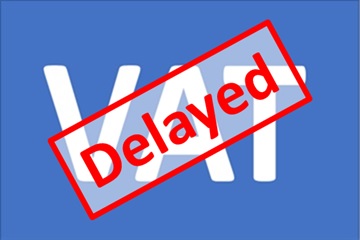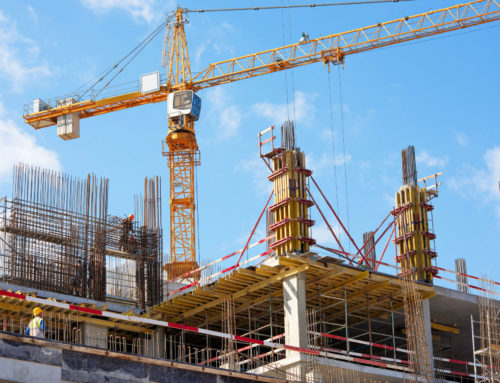The construction industry recently heaved a sigh of relief after it was announced that the government has agreed to delay the implementation of domestic reverse charge VAT for construction services by a year.
The original plan to implement it on October 1st 2019 would have potentially put terminal pressure on cash flow for a huge number of companies creating conditions for a resulting sharp rise in business failures across the sector. For some, it’s a crucial reprieve from disaster, others though are still blissfully unaware that the legislation was about to be implemented which, along with concerns about Brexit, is why the government caved in to intense lobbying for a deferral.
But far from relaxing, construction businesses need to now use the time wisely to make the necessary arrangements well in advance of the new deadline of October 1st 2020, or they’ll simply be postponing the inevitable. While a small number of companies may now have to take steps to reverse systems that were put in place for the change, the majority need to get on and prepare for the change next year with robust plans to manage cash flow.
The initiative is intended to tackle VAT fraud in the industry by getting the customer to account for VAT on supplies on their VAT return, rather than suppliers. HMRC has promised to focus additional resources on identifying perpetrators of fraud and to provide additional guidance and work more closely with the industry to help businesses prepare for the new implementation date.
The message is simple – companies who weren’t ready (or possibly even aware) of this change need to start preparing now without procrastination. Suppliers need to identify customers that are liable to account for the reverse charge by checking VAT numbers and obtaining evidence that a customer is an end user or not so that VAT can be invoices correctly.
The National Federation of Builders plans to work with the government to deliver a series of workshops around the country for construction employers to explain what is happening and why. Other construction associations are also planning similar initiatives so companies should check with their own for any details.
More information about the planned changes available from the government website at: https://www.gov.uk/guidance/vat-domestic-reverse-charge-for-building-and-construction-services






